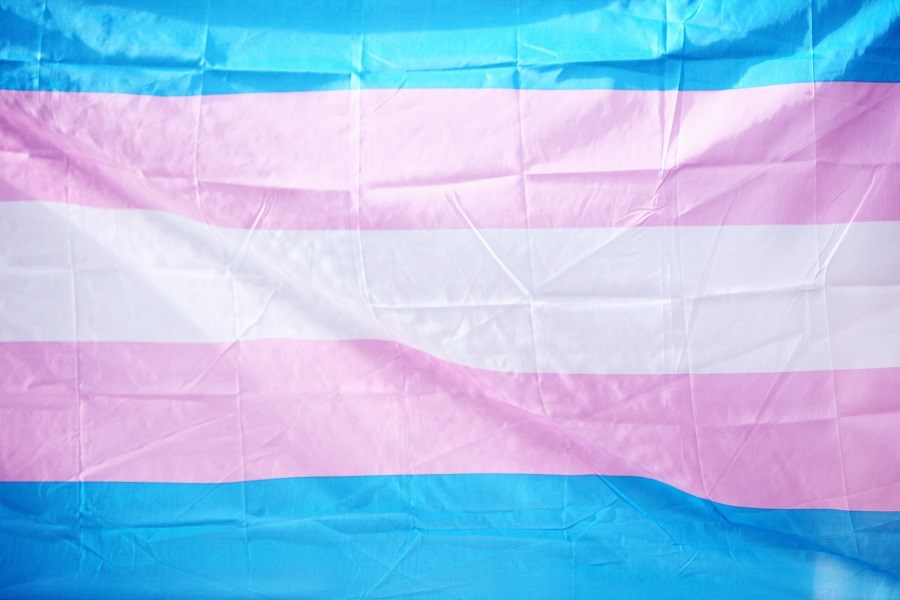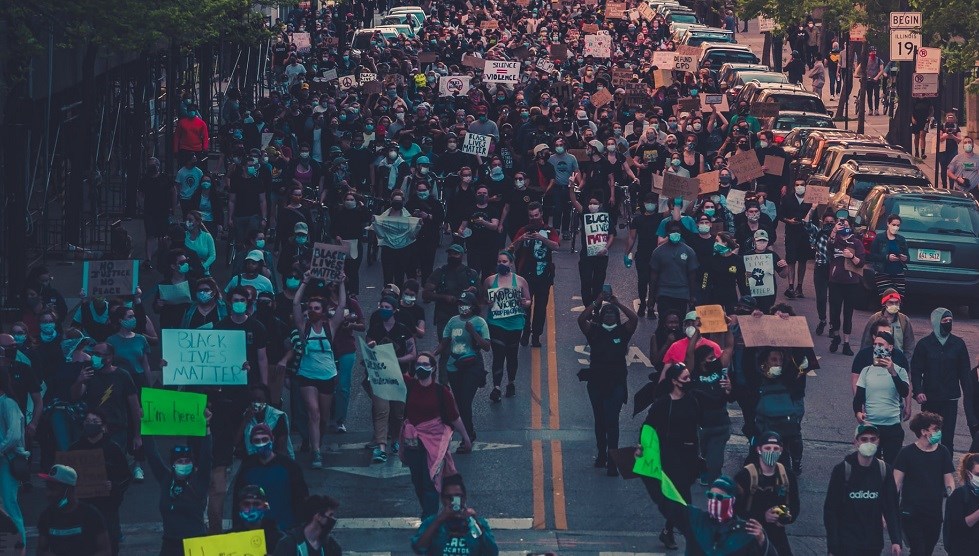
In part one of this series we explored some of the financial implications of being LGBTIQ2S* and we recommend reading it for an overview of the rights and protections common to Canadians in this community. However, transgender** Canadians face specific challenges and lived experiences that are unique to them. In this article we will go deeper into the financial cost of being transgender in Canada.
Work and Money
Under Canada’s Federal Employment Act, employers “shall implement employment equity by identifying and eliminating employment barriers against persons in designated groups”. The four designated groups are women, aboriginal peoples, persons with disabilities, and members of visible minorities. Neither sexual orientation nor gender identity are protected classes.
However, transgender Canadians are not without anti-discrimination protections. Gender and sexual minority people are named in and protected by Section 3(1) of the Canadian Human Rights Act. Still, there’s a gap between theory and practice.
Egale, a Canadian advocacy group and a leader in research on the nation’s LGBTIQ2S issues, has perhaps the most up-to-date and comprehensive data on this matter. In their 2020 report on workplace discrimination, Egale notes that LGBTIQ2S Canadians continue to face widespread inequity, particularly in terms of access to safe work, and inequity is more pronounced for transgender, Two Spirit, and gender non-conforming people.
This is borne out by the Trans PULSE 2011 report on workplace discrimination, which found that just 37% of transgender Ontarians were working full-time, while 20% were unemployed or on disability. The higher rates of un- or under-employment in these populations “are despite having an overall higher rate of qualifications.” A reported 71% have some college or university but approximately half earn $15,000 or less per year.
As with the broader community, the effects of workplace discrimination go far beyond wage loss. Employment can provide access to good housing and educational opportunities, as well as benefits like medical, mental health care, and dental coverage, bonuses, paid leave and vacations, and investment power in the form of RRSP contribution room and matching employer contributions.
Health Care
Canadians enjoy universal healthcare—but just how universal is it? Among the services not covered are prescription drugs, dentistry, and mental health care. For those without employer plans, these expenses can be out of reach, particularly for low income Canadians.
The Standing Committee on Health released a report in 2019 on the health of LGBTIQ2S Canadians and found that between 20% and 30% of transgender people who needed emergency services did not go to the ER, and of those who did, 52% had negative experiences. Refusal of service, inappropriate or invasive questions, misgendering, and other forms of discrimination all contribute to a health care system that can be hostile to transgender people. In this context, it’s not surprising that transgender Canadians underuse available health care services.
For a more comprehensive discussion of the costs of health care refer to part one of this series. Specific to the transgender community, there are two aspects of health care worth a closer look: fertility and adoption, and gender affirmation.
Fertility and Adoption
In addition to adoption and reproductive technologies like intra-uterine insemination (IUI), surrogacy, or in vitro fertilization (IVF), there are fertility preservation strategies for transgender people who have eggs or sperm.
For those who have eggs, in addition to IUI or IVF, embryo or egg freezing and storage, prior to hormone therapy (if applicable) may be an option. The costs of this procedure varies by clinic but are estimated to be about $10,000 to extract and $300 per year to store. If and when the time comes to transfer, there is an addition fee of around $2,000.
For those who have sperm, banking for future use may a good option. As always, costs vary but the sperm extraction is usually in the neighbourhood of $2,000 with an additional $450 to freeze and around $400 per year to store. There may also be extra handling fees.
Gender Affirmation
Although medical interventions are only one aspect of the transition process, and not necessary to claim a transgender identity, many trans folks opt for one or all of the following: counselling, hormone therapy, or surgery.
Visits with psychologists or clinical counsellors are not covered by basic health care but may be within some employer or extended plans. That said, there some programs across the country, such as Gender Journeys through Sherbourne Health Centre in Toronto, that offer free group sessions for transgender or questioning Canadians. For those without local resources or who want to go the private route, fees for psychologists or counsellors run anywhere between $100 and $300 per hour.
Hormone therapies include the administration of testosterone, estrogen, and hormone blockers, all of which are designed to alter secondary sex characteristics such as body hair, voice, and fat distribution. Some Canadians with employer benefits or extended health care plans, or those on disability or social assistance, may be eligible for funding towards their hormone therapies but these are generally an out-of-pocket expense.
Gender affirming surgeries include “top surgeries” such as a mastectomy or breast implants and “bottom surgeries” like a hysterectomy, vaginectomy, vulvoplasty, orchiectomy, metoidioplasty, scrotoplasty, and phalloplasty. Coverage for these procedures varies but many are available under provincial health care plans. Extended insurance might broaden the coverage.
Other costs to consider that are not typically covered are facial feminization or masculinization procedures, vocal coaching, prosthetics, hair removal, and body contouring.
Identity Documentation
Should a transgender person want to change their name, it will cost between $100 and $137, depending on province of residence. Afterwards, or in the case of changing a gender marker, they’ll need to update their identification. Again, the fees differ according to location but in Ontario, the cost for a replacement birth certificate is $35. A replacement driver’s license is $35.75.
Note: *LGBTIQ2S is an acronym for lesbian, gay, bisexual, transgender, intersex, queer, and Two Spirit. It is uniquely Canadian, and may be understood in place of LGBT+.
**In this piece, transgender is used to identify people within the “trans umbrella”. That is, people who identify as transgender, transsexual, genderqueer, non-binary, agender, bigender, and Two Spirit, among other identities of transgender experience. Importantly, a person may claim these identities independent of medical interventions like surgery or hormones, or of legal documentation such as name or sex designation markers.




















